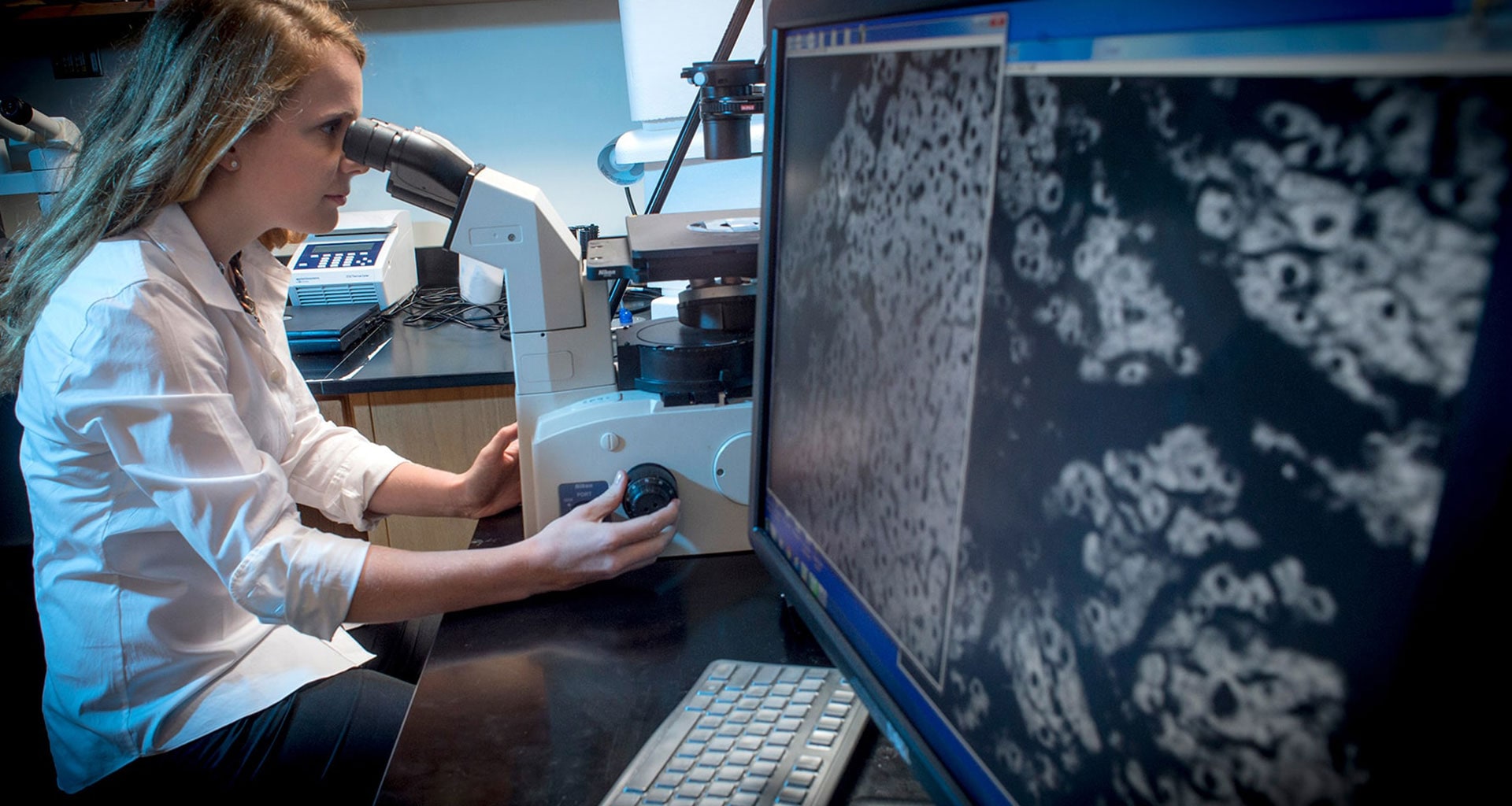
Masters in Biomedical Engineering Programs are intended for students interested in an in-depth understanding of the engineering principals used to design and develop medical equipment. Biomedical engineers are the innovators behind many medical breakthroughs and medical devices. They also create software programs to test new drug therapies and run diagnostic equipment MS non-thesis degree. An MS non-thesis degree requires a minimum of 24 semester hours of core and elective graduate-level courses (level), six semester hours of Ph.D level courses (level). The core courses required of all graduate students are provided in the Graduate Curriculum and Policies page. The elective courses are expected to conform to the focus area of the candidate Biomedical Engineering Masters Degrees are typically offered as a Master of Science (MS) and may be available either as a MS in Biomedical Engineering or Master of Biomechanics blogger.com programs help students develop the analytical tools to perform research, as well as technical knowledge to pursue various roles in the bioengineering field
Penn State Engineering: Biomedical Engineering | One-year, Non-thesis M.S.
Students pursuing the M. non-thesis degree option must complete at least 30 graded course credit hours and satisfactorily pass a comprehensive oral examination. The final transcript will designate the degree as a non-thesis degree. The M. non-thesis option plan of study must include at least 30 credit hours that satisfy non thesis masters biomedical engineering following requirements:.
students must register for 2 semesters of ESM Seminar. These credits do not count toward the 30 required credit hours but are required for program completion, non thesis masters biomedical engineering. plan of study may contain a combination of 5xxx and 6xxx-level courses and a maximum of six hours of approved 4xxx-level courses.
All M. students must pass an oral examination upon completion of the degree requirements. See the Engineering Mechanics Graduate Manual for more detailed information. Master of Science: Non-Thesis Option. in Engineering Mechanics: Non-thesis Option Students pursuing the M.
Plan of Study The M. A minimum of 12 course credits must be labeled ESM not including or A maximum of nine credit hours of independent study IS or special study SS courses can be used to complete the plan of study, with the total for both IS and SS courses not exceeding nine hours. Final Examination All M. Forms BEAM forms.
Differences between Thesis and Non-Thesis Master's Programs
, time: 2:42Master of Science: Non-Thesis Option | Biomedical Engineering and Mechanics | Virginia Tech

Biomedical Engineering Masters Degrees are typically offered as a Master of Science (MS) and may be available either as a MS in Biomedical Engineering or Master of Biomechanics blogger.com programs help students develop the analytical tools to perform research, as well as technical knowledge to pursue various roles in the bioengineering field Masters in Biomedical Engineering Programs are intended for students interested in an in-depth understanding of the engineering principals used to design and develop medical equipment. Biomedical engineers are the innovators behind many medical breakthroughs and medical devices. They also create software programs to test new drug therapies and run diagnostic equipment Biomedical Engineering - Course (non-thesis) Option (thirty [30] semester hours) The course-type master's degree is awarded upon successful completion of the following requirements: No course with a grade below "C" will be counted toward fulfillment of degree requirements. No more than one course with a grade of "C" will be counted toward fulfillment of degree requirements
No comments:
Post a Comment